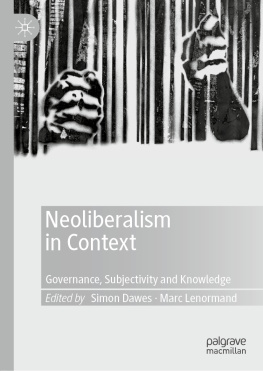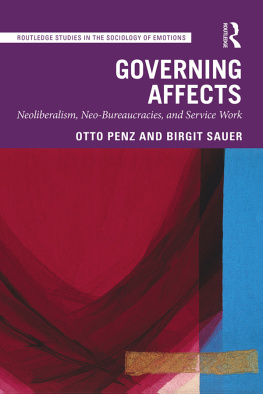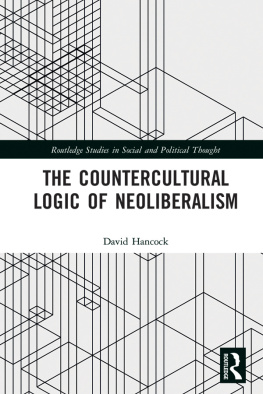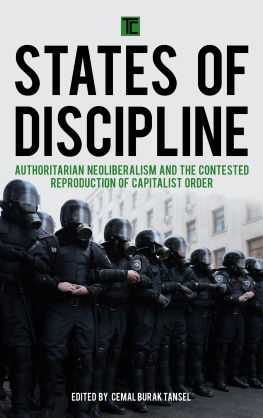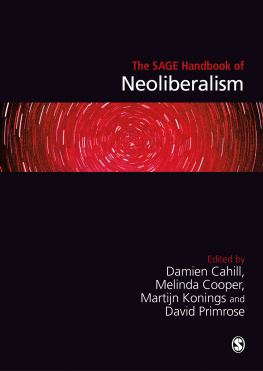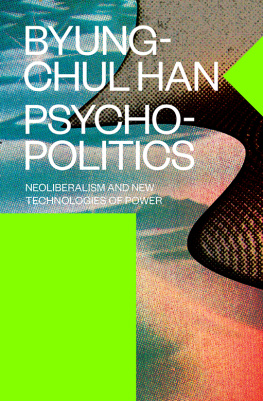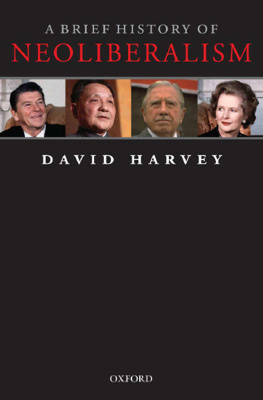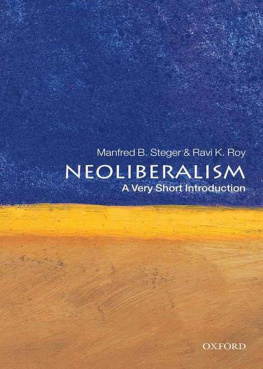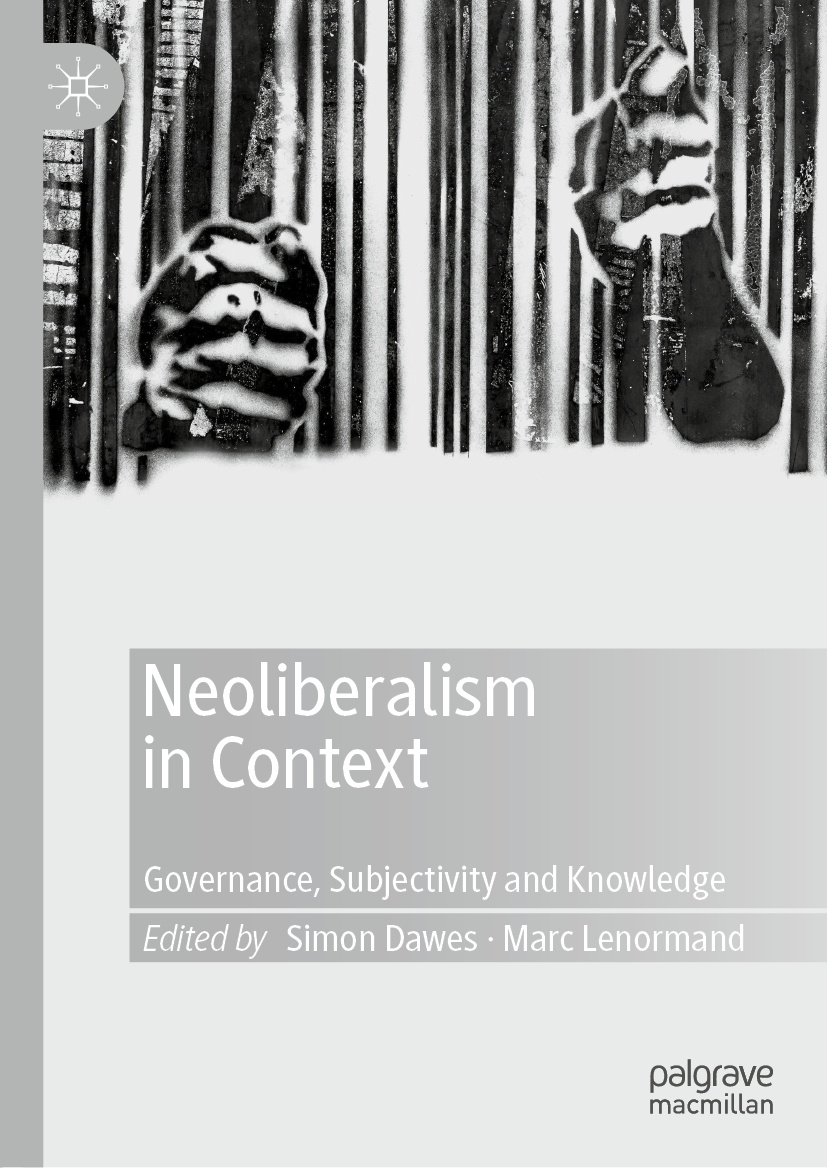Editors
Simon Dawes
Universit de Versailles Saint-Quentin-en-Yveslinse, Versailles, France
Marc Lenormand
Universit Paul Valry Montpellier 3, Montpellier, France
ISBN 978-3-030-26016-3 e-ISBN 978-3-030-26017-0
https://doi.org/10.1007/978-3-030-26017-0
The Editor(s) (if applicable) and The Author(s), under exclusive license to Springer Nature Switzerland AG 2020
This work is subject to copyright. All rights are solely and exclusively licensed by the Publisher, whether the whole or part of the material is concerned, specifically the rights of translation, reprinting, reuse of illustrations, recitation, broadcasting, reproduction on microfilms or in any other physical way, and transmission or information storage and retrieval, electronic adaptation, computer software, or by similar or dissimilar methodology now known or hereafter developed.
The use of general descriptive names, registered names, trademarks, service marks, etc. in this publication does not imply, even in the absence of a specific statement, that such names are exempt from the relevant protective laws and regulations and therefore free for general use.
The publisher, the authors and the editors are safe to assume that the advice and information in this book are believed to be true and accurate at the date of publication. Neither the publisher nor the authors or the editors give a warranty, expressed or implied, with respect to the material contained herein or for any errors or omissions that may have been made. The publisher remains neutral with regard to jurisdictional claims in published maps and institutional affiliations.
This Palgrave Macmillan imprint is published by the registered company Springer Nature Switzerland AG
The registered company address is: Gewerbestrasse 11, 6330 Cham, Switzerland
Introduction
Simon Dawes
Debating the merits of naming or not naming neoliberalism is not new. But naming neoliberalism then involved debating the term itself; not just, that is, whether or not it was an appropriate term to describe the then and there, but whether there even was such a thing as neoliberalism. In these post-2008 days, even the IMF has belatedly acknowledged that we were neoliberalthen(Ostry et al. 2016). Naming neoliberalism now is more about whether werestillliving in neoliberal times: with the rise of neo-fascism, white supremacy and the so-called alt-right throughout liberal democracies, with the rise of so-called populist political parties breaking the monopoly of the centrist political establishment, and with the rise of so-called fake news supposedly undermining the no longer trusted, liberal public sphere, are we still neoliberalnow, or are we living inpost-neoliberal times?
Of course, from the state terrorism and crimes against humanity of the Pinochet government in 1970s Chile, to the violent police clampdown on the Yellow Vests protests against Macrons fiscal policies in France at the time of writing, neoliberal regimes have hardly been immune to authoritarianism; implementing neoliberal reforms has often required it. Propaganda, racism and violence, not to mention isolationism, nationalism and state-centrist interventions, have gone hand in invisible hand with ideological anti-statism and recognizably neoliberal policies. Rather than suggesting an end to the neoliberal era, recent trends should perhaps instead be taken to illustrate the extent to which neoliberalism should not be understood purely in contrast to what it purports not to be, any more than it should be accepted on its own terms, with any failure to meet its self-proclaimed goals being pounced upon as proof of its failure or its inherent contradictions. There has never been a quintessentially neoliberal moment, any more than there has ever been a neoliberal core; it thus matters little whether a particular spatial-temporal conjuncture ismoreorlessneoliberal than another. And there is no pure, unadulterated model of neoliberalism, with which more diluted variants can be compared and contrasted; its inherent and inevitable contradictions make it what it is.
Because of and in spite of this, neoliberalism has always been a contested term. It is ubiquitous and promiscuous, reductive and overblown, totalizing and eliding of other histories while lacking in geopolitical specificity. And yet, it has consistently proven itself to be analytically convenient for researchers and politically necessary for activists, possessing enough common features to warrant at least a provisional conceptual identity (Hall 2011, p. 706). Theneo- prefix has caused its fair share of trouble, particularly for those analyses of free markets and property rights that have conflated neoliberalism with classical liberalism, ignoring neoliberalisms emphasis on competition rather than exchange and on an active role for the state and not only rolling it back (Foucault 2010; Venn and Terranova 2009). And the -ismsuffix has also encouraged presumptions of neoliberalism as a thing, an entity, a coherent bundle of homogeneous policy prescriptions that can be imposed from above on a diversity of otherwise and hitherto unique configurations. A recent preference for the term neoliberalization has sought to remedy this reductiveness, substituting an emphasis on theprocessualandrelationalnature of the object of study for earlier assumptions of its stability and singularity. Concomitant developments in the writing of the history of neoliberalism have helped bolster this reframing of neoliberalism as process, revealing a much longer and nuanced account of the becoming neoliberal of various sectors, domains and identities, while close, critical and occasionally comparative interrogations of the practices of everyday neoliberalism in particular contexts have exposed the hybrid nature of actually existing neoliberalisms.
Tensions have persisted, however, between those that emphasize the need to bear in mind the bigger picture and the undeniable trends that have transcended context, and those that focus on the minutiae of contextual variation; between broadly structural and poststructural accounts of neoliberalism and neoliberalisms; between those that critique neoliberalism as an ideological and hegemonic project, and those that analyse it as a form of governmental rationality. For the former, neoliberalism is a project to disembed financialized capital from the constraints of Keynesian interventionism (Harvey 2007, p. 11) and to oversee the shift of power and wealth back to the already rich and powerful (Hall 2011, p. 721; Harvey 2007, p. 42). For the latter, it is but one of many strands of a complex of individualized governmentalities, and never more than a flexible assemblage of technologies, routines and conducts (Peck 2013, p. 3). Whereas the former often dismiss the latter as relativist nit-pickers who fail to account for the role of power, and the latter tend to deride the former for a mistaken emphasis on misrepresentation and a purposeful project, adherents of both perspectives do tend to agree on one thing: that their respective approaches are irreconcilable.

